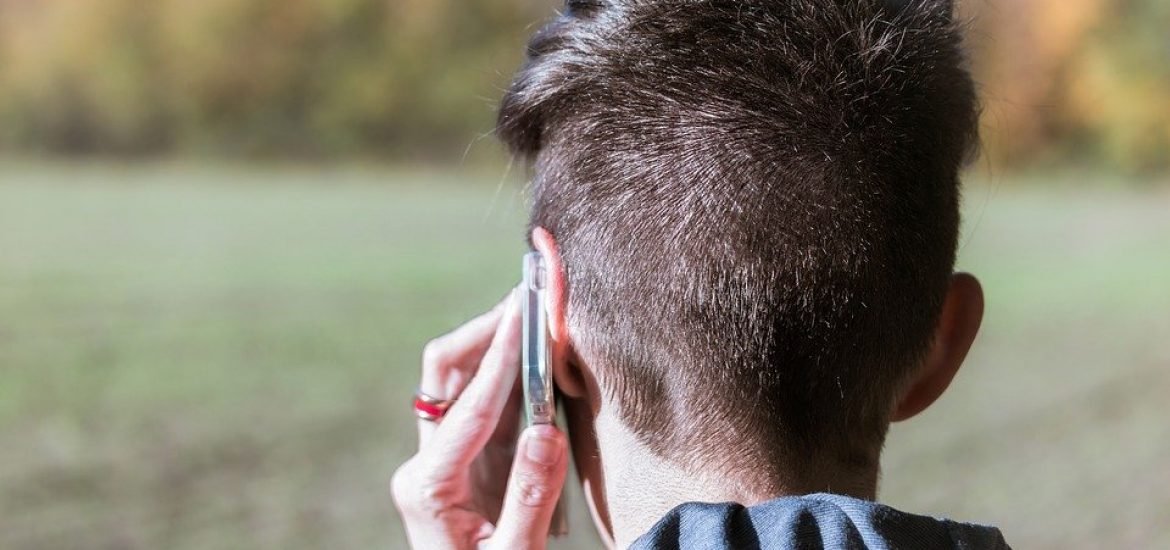
Researchers from the Complexity Science Hub in Vienna found out that, during the lockdown, women preferred to talk on the phone with a few select friends, while men were more likely to go outside. The results, published in the journal Scientific Reports, provide valuable information to help plan for future crises (1).
Researchers have often wondered how communication and movement would be affected by a crisis situation? How would people behave? For researchers based at the Complexity Science Hub Vienna (CSH), the first lockdown due to Covid-19 proved the perfect occasion to study such behaviours.
In spring 2020, the researchers were given access to anonymised telecommunication data from a major Austrian internet service provider to study how people behaved during the lockdown due to COVID-19. They evaluated mobile phone data from 1.2 million Austrian between February and June 2020. “The total shutdown of public life was like a population-wide live experiment. We were interested in the extent to which people supported the anti-Corona measures imposed by the government,” said Tobias Reisch.
In general, people made longer phone calls than usual. Curiously, they spoke to fewer people but, with these few friends, they spoke for longer. This was particularly evident with calls involving women: calls between two women lasted 1.5 times longer than before the crisis, and even when a woman called a man, the call was still 80% longer than before. In contrast, calls between men only increased by a modest 66%. The authors note that gender categories were self-reported and were, for technical reasons, limited to female and male.
“Of course, we don’t know the content or purpose of these calls,” says Georg Heiler, also from CSH. “Yet, literature from the social sciences provides evidence—mostly from small surveys, polls, or interviews—that women tend to choose more active strategies to cope with stress, such as talking with others. Our study would confirm that.”
In contrast, men tended to limit their mobility less than women during the lockdown and frequently visited recreational areas in Vienna. In addition, once the measures were lifted, men were much more likely to return to their pre-pandemic movements faster than women, who seemed a little more cautious.
“This study shows once again that data—in this case, telecommunication data—allows us to gain social insights quickly and at low costs, without violating the anonymity of individuals. We see people’s behaviour in the here and now without the need for large surveys of thousands of people”, adds CSH President and co-author Stefan Thurner. “We are providing concrete information for policymakers which can either be used for planning in an acute crisis, or flow into a more targeted health planning, or could even lead to considerations on how to achieve a more gender-equitable society.”
(1) Reisch, T., Heiler, G., Hurt, J. et al. Behavioral gender differences are reinforced during the COVID-19 crisis. Sci Rep 11, 19241 (2021). https://doi.org/10.1038/s41598-021-97394-1
Beautiful website